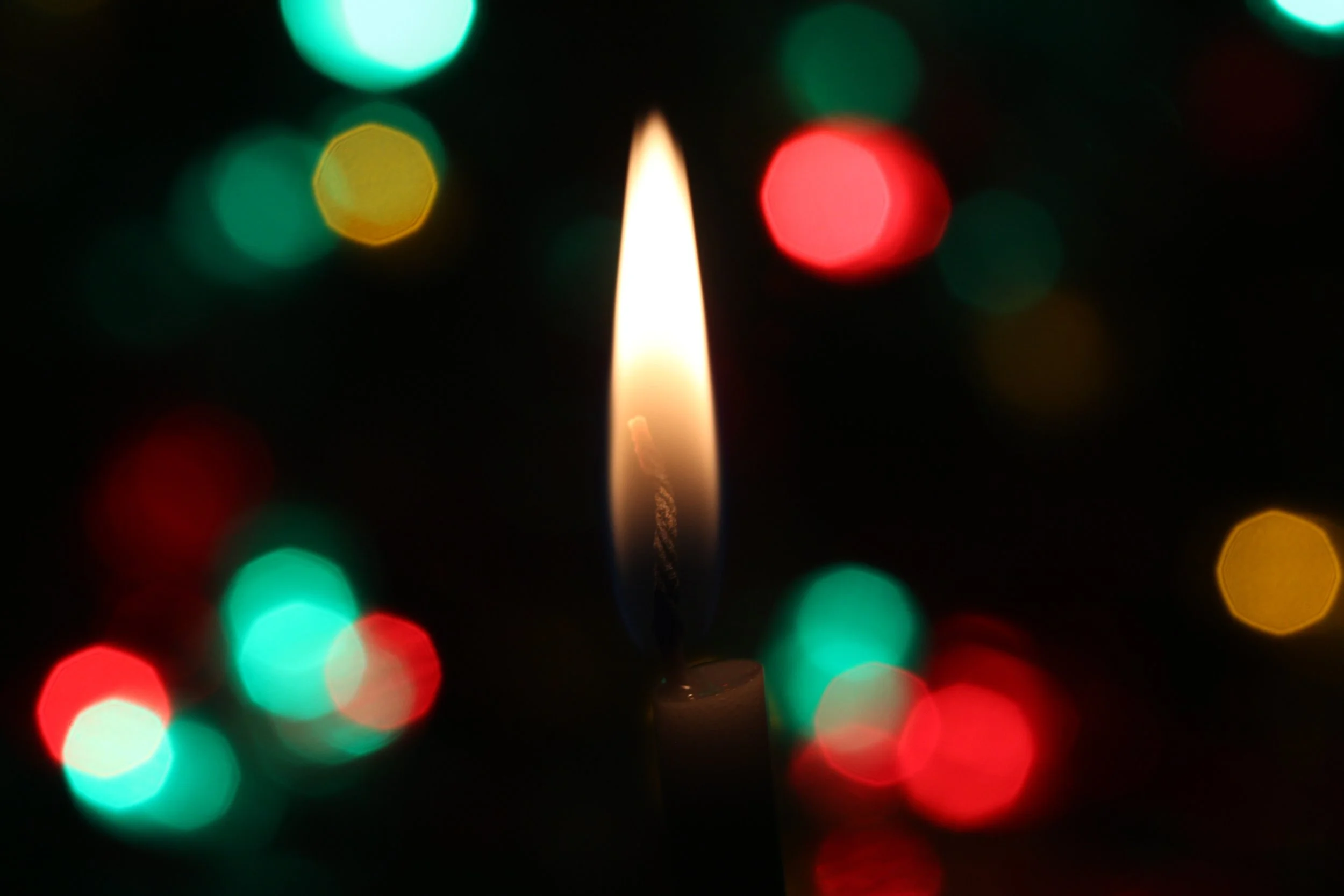Contribution to Peace and Prayers (CPP)
It is ironic that there is much attention given to the destruction and tensions caused by war, but almost no attention is paid to appreciating the contribution of countries living in Peace with others. The establishment of the Nobel Prize[1] by Alfred Nobel in 1901 could be referred to as one of the most respected movements supporting this category. One of the famous quotes left by Martin Luther King Jr., the winner of the 1964 Nobel Peace Prize, also recognizes the value of peace: “Peace is more precious than diamonds or silver or gold.” It can be argued and summarized that the definition of “Peace” in the PICs is strongly woven into their value system, which is a similar system where “reciprocity” is the core commitment to relationships. This value is a commitment to appreciating the spirit of the giver by giving back in order to strengthen the relationship. It can be argued based on research findings that in the PICs “Peace is living a balanced life where your moral obligations are fulfilled.” This definition appreciates long-term relationships by ensuring the balance is kept through giving, receiving and then giving back in return. The definition of Peace from the perspective of the PICs gives hints to alternative methods for maintaining and building relationships that the international community could also adopt to encourage generosity.
The concept of Prayer is complementary to the outcome expected through Peace. Although the practices of prayer are conducted differently in all religions, in general prayer is observed to be an act of humility through surrender to a trusted supreme authority. One of the treasures cherished by the PICs as observed during the research was their commitment to Prayer. In Tonga for example, on average at least seven hours per week are dedicated to pre-scheduled services such as Sundays and a fixed schedule on weekdays for every person. These seven hours do not include family prayers at home or private prayers in the morning and every evening before going to sleep. There is always a prayer for opening and ending of any get-together or any function, not to mention before every meal. Longer prayers are conducted at ceremonies such as funerals, birthdays, commemorative functions, and official ceremonies to name a few. Due to this background, it is very common to hear the phrase “let’s pray about it” in most conversations. Participants shared that wherever Pacific people go, they find their peace in prayers. The Peace and Prayer category would encourage and emphasize that Prayer is a cultural value to be cherished as it contributes to Peace.
Peace and Prayers are complementary to each other in the PICs although they have been overlooked in development discussions. The CPP category would encourage and emphasize the need for serious Prayers and identifying development initiatives towards Peace. To gain a better view of the CPP category, further research on this value as interpreted by other religions is necessary in order to comprehend the universal potential of this category. Possible outcomes could be observed by correlating CPP and the prosperities of developing countries by improving morality through peaceful and prayerful development.
Possible spheres to re-articulate what Oceania can offer that the world needs:
Improve global morality through Prayerful and Peaceful development.
- Highlight the number of government policies related to Peace building
- Recognition of activities related to strengthening local network and regional peace network
- Number of government policies related to inner and outer contemplations
- Recognize the efforts to strengthen spiritual strengths that leads to harmony with others
What spheres in the SDGs that Oceania could contribute from their CPP?
Join us today and be part of the CPP Discussion!
[1] See this page for details: https://www.nobelprize.org/nobel_prizes/peace/









